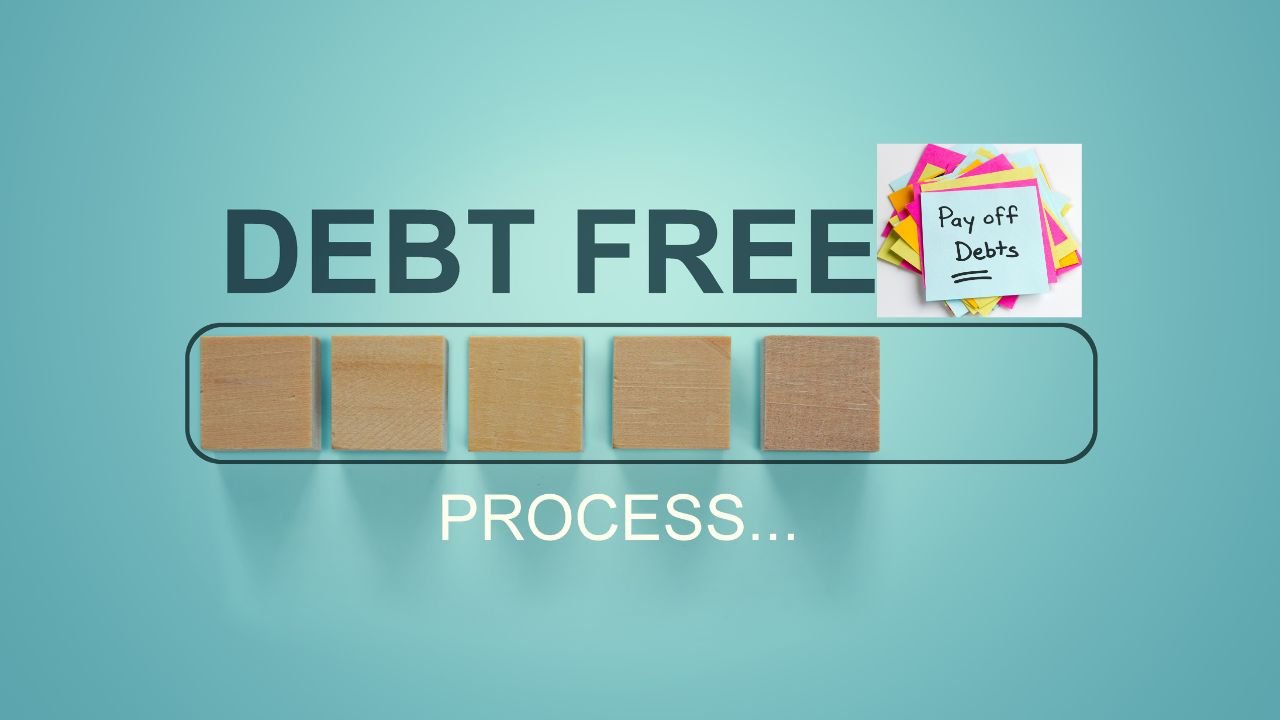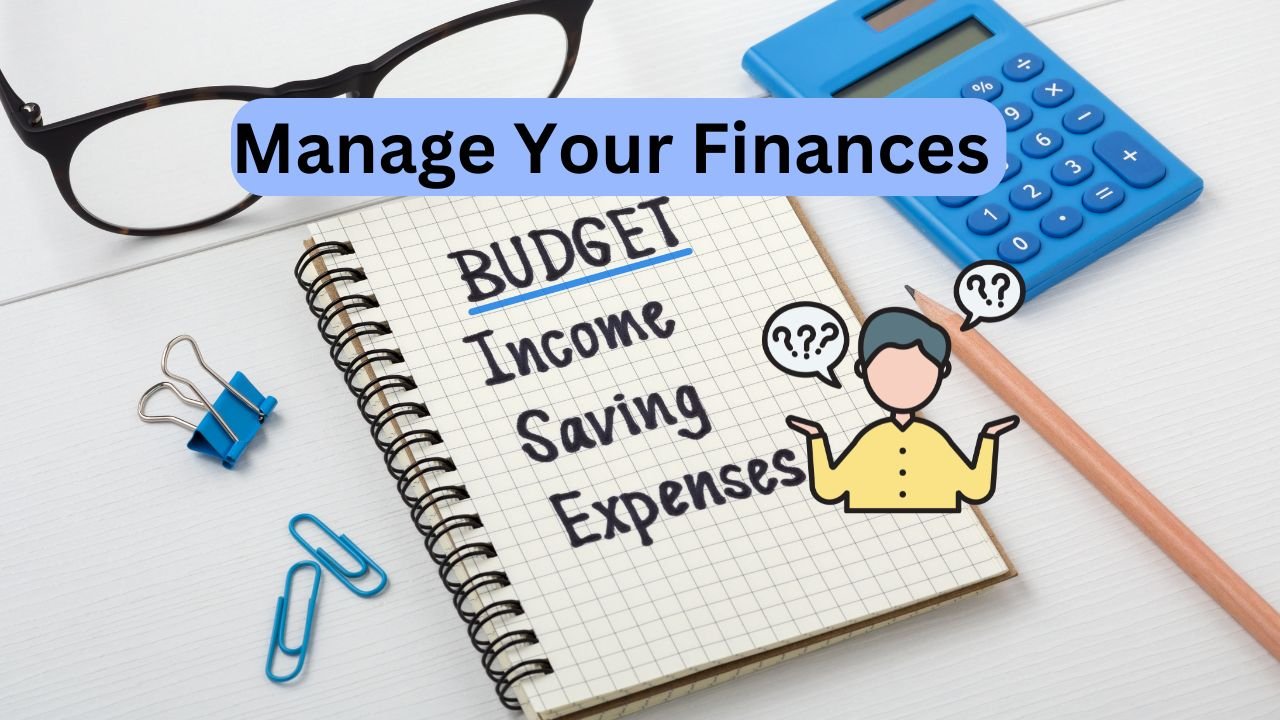
I. Introduction
Managing debt can be a daunting task, especially when you have multiple loans and credit cards with varying interest rates and payment schedules. Debt consolidation loans offer a solution by combining all your debts into a single loan, ideally with a lower interest rate. This blog post explores whether debt consolidation loans can truly be a path to financial freedom, discussing their benefits, risks, and alternatives.
Definition of Debt Consolidation Loans
Debt consolidation loans are financial products designed to help individuals streamline their debt repayment process. By taking out a new loan to pay off multiple existing debts, you essentially consolidate your debts into one manageable monthly payment. This can simplify your finances, reduce your interest costs, and potentially improve your credit score.
Importance of Debt Management
Debt can significantly impact your financial health. High-interest debts can quickly spiral out of control, leading to financial stress and difficulties in managing your daily expenses. Proper debt management is crucial for maintaining financial stability and achieving long-term financial goals. Debt consolidation loans can be an effective tool for managing debt, but it’s essential to understand how they work and whether they are the right solution for your situation.
II. Understanding Debt Consolidation
Types of Debt Consolidation Loans
There are two main types of debt consolidation loans: secured and unsecured.
- Secured Loans: These loans require collateral, such as a home or car. Because they are backed by an asset, secured loans often come with lower interest rates. However, if you fail to make payments, you risk losing your collateral.
- Unsecured Loans: These loans do not require collateral and are based on your creditworthiness. While they pose less risk to your assets, they typically have higher interest rates compared to secured loans.
Another option for debt consolidation is balance transfer credit cards. These cards offer a low or 0% introductory interest rate for a specified period, allowing you to transfer and pay off your existing credit card balances without accruing additional interest during the promotional period. However, these cards often come with balance transfer fees and higher interest rates after the promotional period ends.
How Debt Consolidation Loans Work
Debt consolidation loans work by providing you with a single loan to pay off your existing debts. This means you’ll make one monthly payment to the new lender, rather than multiple payments to different creditors. The loan terms, including the interest rate and repayment period, will vary depending on the lender and your credit profile.
For example, if you have three credit card balances with interest rates of 18%, 22%, and 25%, you might consolidate them into a single loan with a 12% interest rate. By doing so, you can reduce your overall interest payments and potentially pay off your debt faster.
III. Benefits of Debt Consolidation Loans
Debt consolidation loans offer several potential benefits that can help you manage your debt more effectively and work towards financial freedom.
Simplified Payments
One of the most significant advantages of debt consolidation is the simplification of your monthly payments. Instead of keeping track of multiple due dates and payment amounts, you’ll only need to make one payment each month. This can reduce the stress and administrative burden of managing your debt, making it easier to stay on top of your finances.
Potential Cost Savings
Debt consolidation loans can lead to cost savings by reducing the interest rates on your existing debts. High-interest credit card debt, in particular, can be expensive to carry. By consolidating these debts into a loan with a lower interest rate, you can reduce the total amount of interest you pay over time. Additionally, some debt consolidation loans offer fixed interest rates, providing stability and predictability in your monthly payments.
Improved Credit Score
Consolidating your debts can also have a positive impact on your credit score. When you pay off your existing debts with a consolidation loan, your credit utilization ratio (the amount of credit you’re using compared to your total available credit) decreases. A lower credit utilization ratio can improve your credit score. Additionally, making consistent, on-time payments on your consolidation loan can further boost your credit score over time.
IV. Potential Drawbacks and Risks
While debt consolidation loans offer several benefits, there are also potential drawbacks and risks to consider.
High Costs and Fees
Some debt consolidation loans come with high costs and fees, such as origination fees, prepayment penalties, and other charges. These fees can add to the overall cost of the loan, potentially offsetting the interest savings. It’s essential to carefully read the terms and conditions of any loan offer and consider all associated costs before deciding.
Risk of Accumulating More Debt
One of the main risks of debt consolidation is the potential to accumulate more debt. Once you’ve paid off your credit cards with a consolidation loan, you might be tempted to use them again, leading to additional debt. To avoid this, it’s crucial to adopt disciplined financial habits and refrain from incurring new debt while paying off your consolidation loan.
Impact on Credit Score
Applying for a debt consolidation loan typically involves a hard inquiry on your credit report, which can temporarily lower your credit score. Additionally, if you miss payments on your consolidation loan, it can negatively impact your credit score. It’s important to ensure that you can comfortably afford the monthly payments before taking out a consolidation loan.
V. Eligibility and Application Process
Requirements for Approval
Lenders consider several factors when evaluating your eligibility for a debt consolidation loan, including your credit score, income, and employment stability. A higher credit score and stable income increase your chances of approval and may result in more favorable loan terms.
- Credit Score: Lenders generally prefer borrowers with good to excellent credit scores. A credit score of 670 or higher is typically considered good.
- Income and Employment Stability: Lenders want to ensure that you have a reliable source of income to make your loan payments. Steady employment and a sufficient income level are important factors in the approval process.
Steps to Apply
Applying for a debt consolidation loan involves several steps:
- Gather Financial Documents: Collect your financial documents, including pay stubs, tax returns, bank statements, and a list of your current debts.
- Compare Lenders and Loan Offers: Research and compare lenders to find the best loan terms and interest rates. Look for reputable lenders with positive reviews.
- Complete the Application Process: Fill out the loan application, providing accurate information about your financial situation. Submit any required documentation and await the lender’s decision.
VI. Alternatives to Debt Consolidation Loans
Debt consolidation loans are not the only option for managing debt. Depending on your financial situation, other alternatives might be more suitable.
Debt Management Plans
Debt management plans (DMPs) involve working with a credit counseling agency to create a repayment plan with your creditors. The agency negotiates lower interest rates and monthly payments on your behalf. You make a single monthly payment to the agency, which distributes the funds to your creditors.
DMPs can be an effective way to manage debt without taking out a new loan. However, they require a commitment to a structured repayment plan, typically lasting three to five years. Additionally, enrolling in a DMP may impact your credit score, as some creditors may report the arrangement to credit bureaus.
Debt Settlement
Debt settlement involves negotiating with your creditors to reduce the total amount of debt you owe. This can be done on your own or through a debt settlement company. If successful, you agree to make a lump-sum payment or a series of payments to settle the debt for less than the full amount.
While debt settlement can significantly reduce your debt, it comes with risks. Settled debts are typically reported to credit bureaus as “settled for less than the full amount,” which can negatively impact your credit score. Additionally, debt settlement companies often charge high fees for their services.
Bankruptcy
Bankruptcy is a last-resort option for individuals who are unable to repay their debts. There are two main types of bankruptcy for individuals: Chapter 7 and Chapter 13.
- Chapter 7 Bankruptcy: This involves liquidating your assets to pay off your debts. Some assets may be exempt from liquidation, depending on state laws. Chapter 7 bankruptcy can discharge most unsecured debts, but it stays on your credit report for up to 10 years.
- Chapter 13 Bankruptcy: This involves creating a repayment plan to pay off your debts over three to five years. Chapter 13 allows you to keep your assets but requires you to make regular payments to a bankruptcy trustee. It stays on your credit report for up to seven years.
Bankruptcy can provide a fresh start, but it has long-term financial and credit implications. It’s essential to consult with a bankruptcy attorney to understand the consequences and determine if it’s the right option for you.
VII. Case Studies and Real-Life Examples
Success Stories
To illustrate the potential benefits of debt consolidation loans, let’s look at a few success stories.
- Case Study 1: John’s Journey to Financial Freedom John had accumulated $25,000 in credit card debt with interest rates ranging from 18% to 24%. He was struggling to make the minimum payments and felt overwhelmed by his debt. John decided to take out a debt consolidation loan with a 10% interest rate and a five-year repayment term. By consolidating his debts, John reduced his monthly payments and saved thousands in interest. He committed to a strict budget and successfully paid off his loan in five years. John now enjoys financial freedom and improved credit health.
- Case Study 2: Sarah’s Simplified Debt Management Sarah had multiple student loans, a car loan, and credit card debt, totaling $40,000. Keeping track of different due dates and payment amounts was stressful. Sarah opted for a debt consolidation loan with a 7% interest rate and a seven-year repayment term. With one monthly payment to manage, Sarah found it easier to budget and avoid missed payments. She also saved money on interest and saw her credit score improve over time



